
Adequate daily intake of both magnesium and potassium is important for ourhealth. Deficiency of these minerals might cause many medical problems,including problems with your heart, blood vessels, kidneys, brain and all otherorgans and tissues in the body.
Magnesium Rich Food
The recommended daily dose of magnesium is about 410mg for adult men andabout 320 for adult women. Pregnant women have somewhat increased need for thismineral.
Magnesium deficiency may cause: cardiovascular problems, hypertension,increased stress, diabetes mellitus, osteoporosis, sleeping issues and erectiledysfunction. People missing magnesium may suffer from depression, convulsions,spasms and nervous system irritability.
All kind of nuts are really rich in magnesium, especially almonds, Brazilnuts, cashews, hazelnuts, dry roasted peanuts and peanut butter, roastedpumpkin and squash seed kernels and dried pine nuts. Beans are also highlyappreciated magnesium sources, including black cooked beans, white beans andLima beans. Lentils, okra, brown rice, buckwheat flour, oat bran (as cereals,raw, cooked or as muffins), soy beans, fresh or mature, soy beverages, tofu andlow fat yogurt are also great sources of magnesium. Some vegetables containplenty of magnesium. These veggies are: cooked broccoli and spinach and alsocanned tomato paste. Cooked halibut and tuna are very rich in magnesium.
Some other foods also contain plenty of this mineral. These are: apricots,bananas, raisins, walnuts, avocados, cornmeal, barley, whole wheat and wholegrains, basil, paprika, lettuce, scallops and different kinds of fish.
Food Rich in Potassium
The recommended daily dose of potassium is about 3500mg (3.5g) a day.
Lack of potassium (hypokaliemia) might be responsible for hypertension (highblood pressure), stroke, memory and nervous system problems, Crohn’s diseaseand constipation. This condition sometimes might be lethal if left untreated,but most patients report tiredness, anxiety, skin problems, etc.
There are many sources of potassium. Some of the richest potassium foodsare: apricots, bananas, cantaloupes, oranges (especially orange juice), driedpeaches, dried prunes and prune juice, raisins, tomato and tomato juice, pasteand puree and walnuts. Vegetables can also be valuable sources of potassium. Ifyou need more potassium in your diet use: beans (kidney, soy, Lima beans),lentils, beetroot, broccoli, Brussel sprouts, carrots, mushrooms, potatoes,sweet potatoes, spinach and pumpkins. Potassium is also found in high amountsin: low fat milk and buttermilk, yogurt, blackstrap molasses, millet, seafood(including clams, cod, halibut and tuna) and also in pork chops.
Plenty of potassium contain: almonds, Brazil nuts, apples,avocados, kiwi, pears, dates, figs, grapefruit, plums, strawberries andwatermelon. There is potassium in brown rice, lettuce, cauliflower,cabbage, celery, corn, green peppers, onions, peas, pumpkin and poultry.


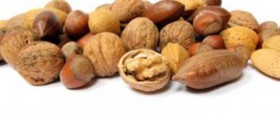
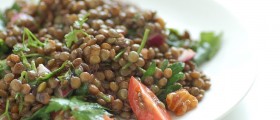

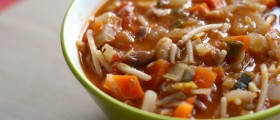
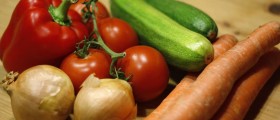

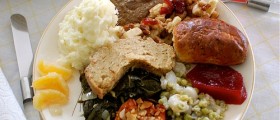
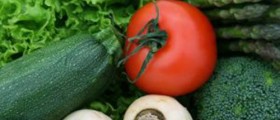

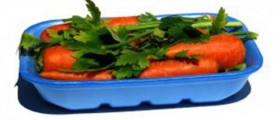

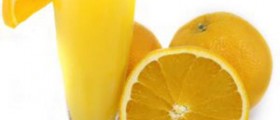
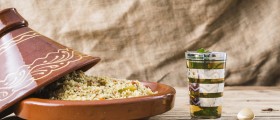

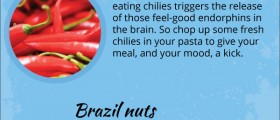
Your thoughts on this
Loading...